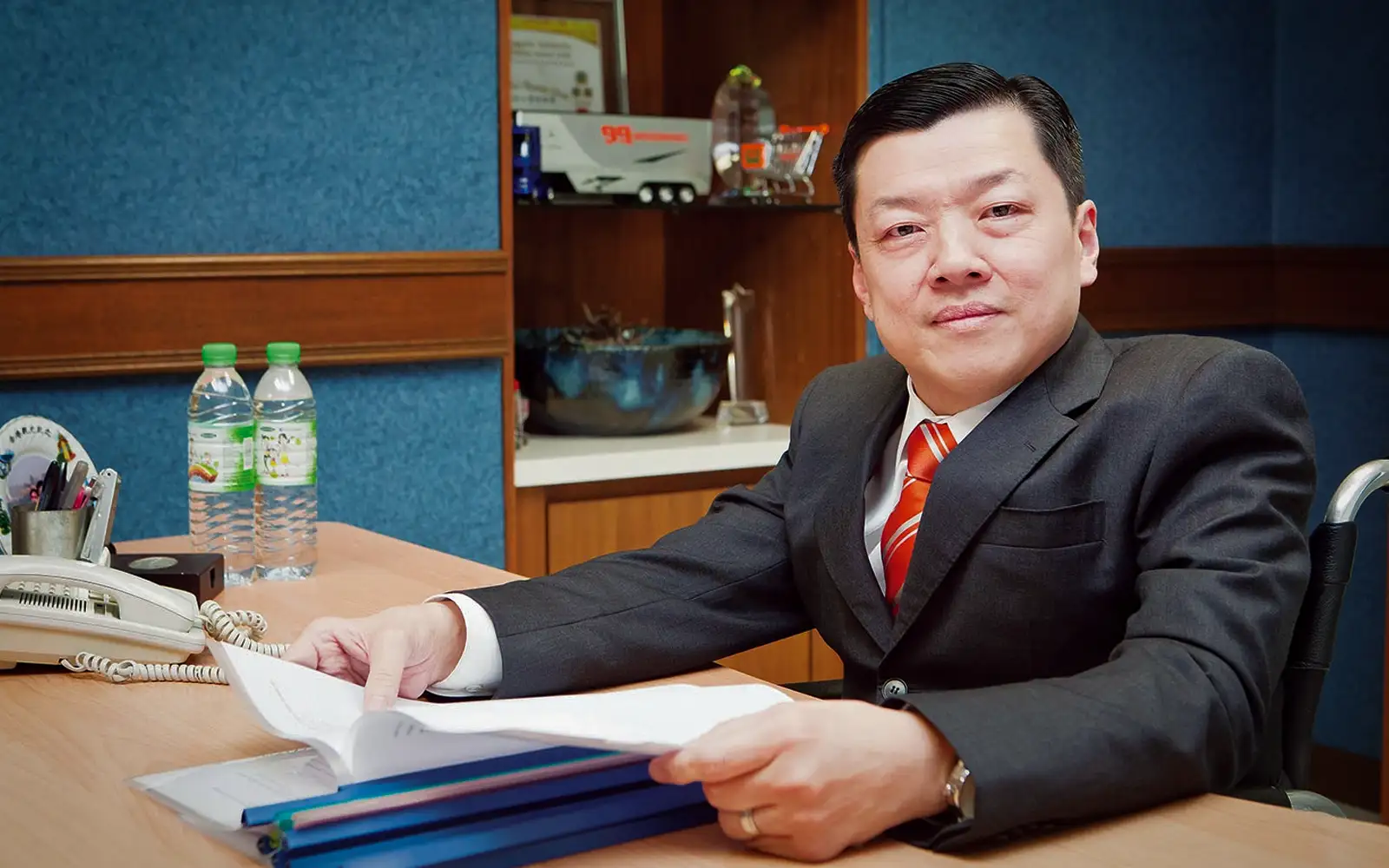Singapore deep tech ecosystem attracts global investors and innovators
Singapore’s deep tech ecosystem is quickly rising to prominence in Asia. This growth is fueled by large-scale R&D investments, strong public-private funding, and a supportive regulatory environment. From quantum computing to synthetic biology, the country is building a launchpad for the next wave of scientific breakthroughs in the region.
Background: Building on national research and innovation strategy
Singapore’s path to deep tech leadership stems from long-term planning. Under its Research, Innovation and Enterprise (RIE) 2025 strategy, the government committed over S$25 billion to high-impact areas. These include advanced manufacturing, digital technologies, sustainability, and biomedical science.
Institutions such as ASTAR play a central role. They connect universities, startups, and industry players into one ecosystem. By turning scientific discoveries into real-world solutions, ASTAR helps close the gap between research and commercialization—something that often stalls progress in other countries.
Strategic funding: Where venture capital meets government muscle
Singapore’s deep tech rise is not left to the market alone. Unlike in most countries, government-linked entities like SGInnovate and Temasek Holdings partner with the private sector to fund innovation. Their involvement reduces risk and draws more early-stage investment into science-based startups.
SGInnovate is especially active. It invests in emerging fields like medtech, AI diagnostics, and quantum security. Additionally, it supports IP commercialization and nurtures talent pipelines. This hands-on approach creates long-term value where traditional VCs often hesitate to invest.
Editorial insight: Innovation thrives where policy, capital, and openness converge
Singapore’s success comes from aligning policy, capital, and collaboration. In many countries, deep tech ecosystems struggle due to fragmented efforts and siloed thinking. However, Singapore has built a unified innovation framework that encourages all players to co-create value.
The country’s diplomatic neutrality and strong intellectual property laws are also key. They help build trust for cross-border research efforts. Programs like the Global Innovation Alliance and partnerships with leading institutions such as MIT and ETH Zurich increase Singapore’s credibility on the world stage.
Future outlook: Can Singapore become Asia’s Silicon Valley for deep tech?
There are strong signs it can. Singapore’s integrated model—combining deep research, targeted funding, and clear regulation—is already shaping policy discussions across Asia. As demand grows for innovations in climate tech, healthcare, and materials science, Singapore is well-positioned to lead.
To stay ahead, Singapore must keep attracting top global talent. It should also invest in infrastructure that supports the transition from lab to market. Furthermore, scaling startups across borders will be critical. With the world looking for stable innovation hubs, Singapore’s rise may just be getting started.
Read more on travel, entertainment and sports features.














